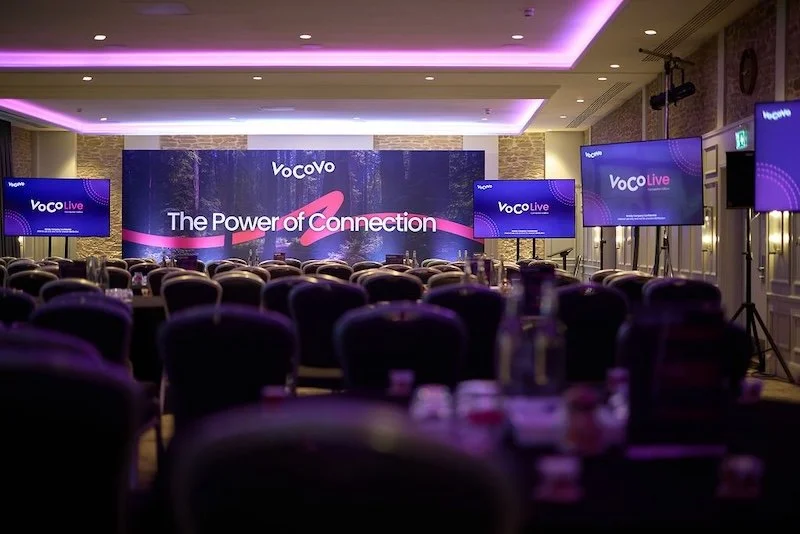Lessons from the UK tech sector: recruiting international workers
The UK’s tech sector is world renowned. Through a combination of homegrown talent, investment, and international recruitment, the UK tech sector was ranked number one in Europe and third in the world at the start of 2023.
Of course, the metrics used can alter the rankings. However, in terms of market value and growth, the UK is a standout performer.
Indeed, as of December 2022, the fastest-growing UK tech companies raised £24 billion in funding. For context, start-ups in France and Germany raised £11.8 billion and 39.1 billion, respectively.
Additionally, with more than 85,000 startups and scaleups, the UK’s tech sector has created 144 business unicorns and 237 'futurecorns' in recent times.
The retail sector is, as you’d expect, tied up in this tech revolution. From data analysts and web developers to artificial intelligence experts laying the foundations for driverless deliveries, there are plenty of tech jobs in the retail sector.
Filling those jobs with local talent is fine but, if you want to create the best working conditions, you need an international focus. Basically, there’s a whole world of talent out there and you should embrace it as an entrepreneur.
Navigating the immigration system
UK tech companies are doing this better than most. One reason UK tech companies are doing well in this regard is a variety of government-backed visa programs. The Scale-Up Worker programme is one, as is the sponsor license.
The latter (formerly known as the Tier 2 Sponsor License) is the most common way UK tech companies recruit workers from abroad. As you’d expect, there are various entry requirements and obstacles companies have to navigate in order to enrol on the scheme and, in turn, recruit talent.
Using expert lawyers in this area is almost essential, not least because there are certain clauses within the Sponsor License scheme that requires careful consideration.
However, before you engage the services of an immigration law firm, it’s worth knowing whether or not the scheme is for you. In fact, this advice applies to entrepreneurs in any country. It doesn’t matter if you’re in the UK, the US, Germany, or Japan, you need to understand the basics of any visa system you want to use.
However, given that the UK is currently a world leader in tech, it’s worth looking at the criteria recruiters have to meet when it comes to sponsoring overseas workers. As per the official guidelines, a company must:
Be based in the UK and operating lawfully (and be a genuine company)
The company must not pose a threat to immigration control
The company must have an adequate HR system and personnel who are “honest and dependable”
Assuming a company meets these basic requirements, it must then demonstrate there are sufficient provisions in place to manage sponsor licensees. Sufficient provisions include:
Resources to ensure workers are suitable for the visa they’re applying for
A company must carry out right-to-work checks
A company needs to check documents and report certain events to the Home Office
If a company can’t manage these things, it’s not suitable for the Sponsor License scheme. In turn, this means it’s not ready to employ workers from abroad.
That’s the lesson here. There are plenty of positives when it comes to recruiting skilled workers from abroad, but only if the conditions are right. Tech companies often have other things to focus on when they’re new.
However, as they evolve and expansion becomes an option, recruiting people from overseas might be necessary. This is only possible with the right framework in place, as the UK’s Sponsor License programme demonstrates. If you can get this framework, building a diverse, multiskilled workforce is possible.
Further reading
Read more about the latest UK business sector data.
Find out about the future of driverless deliveries.

















Continue reading…